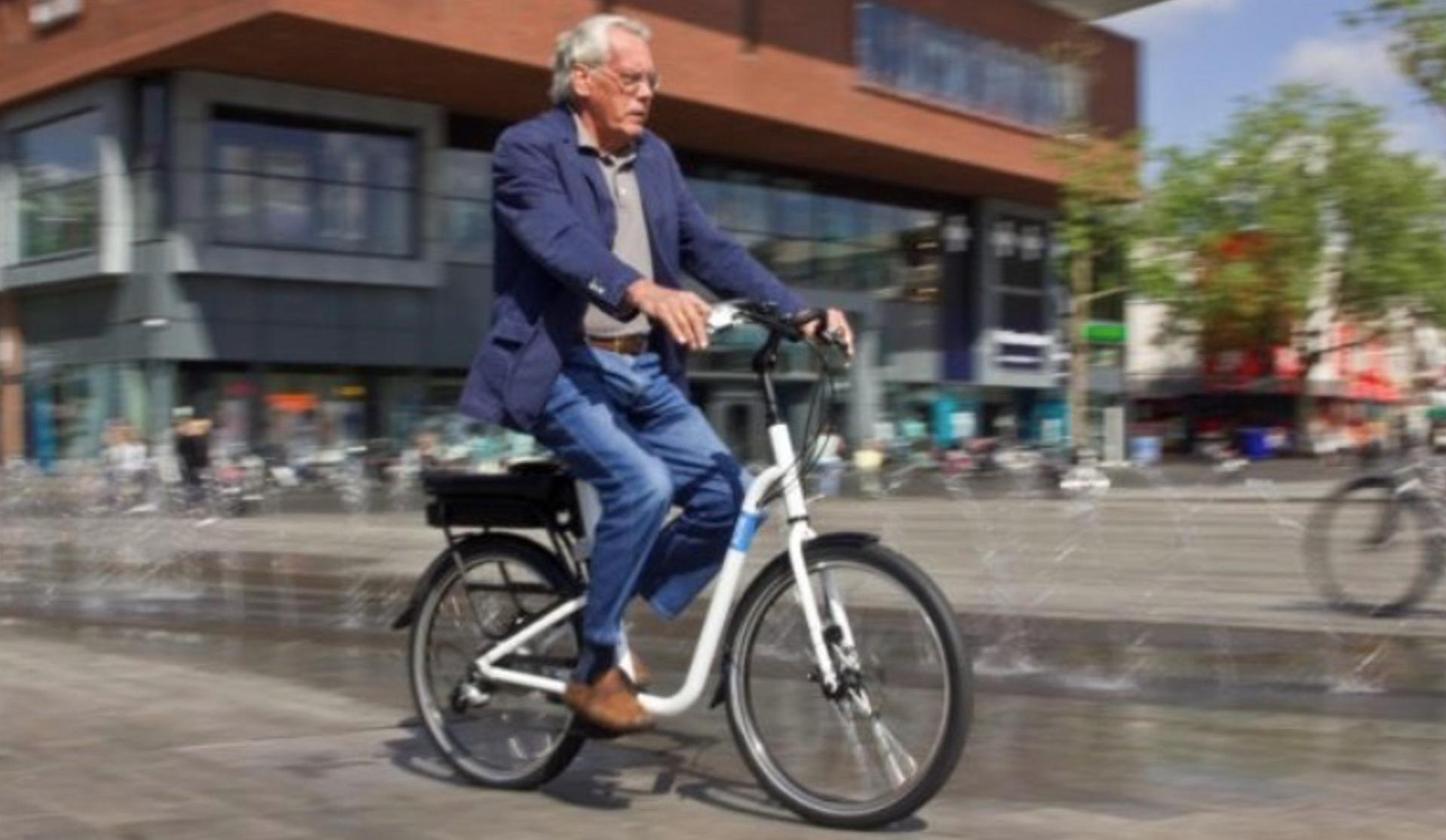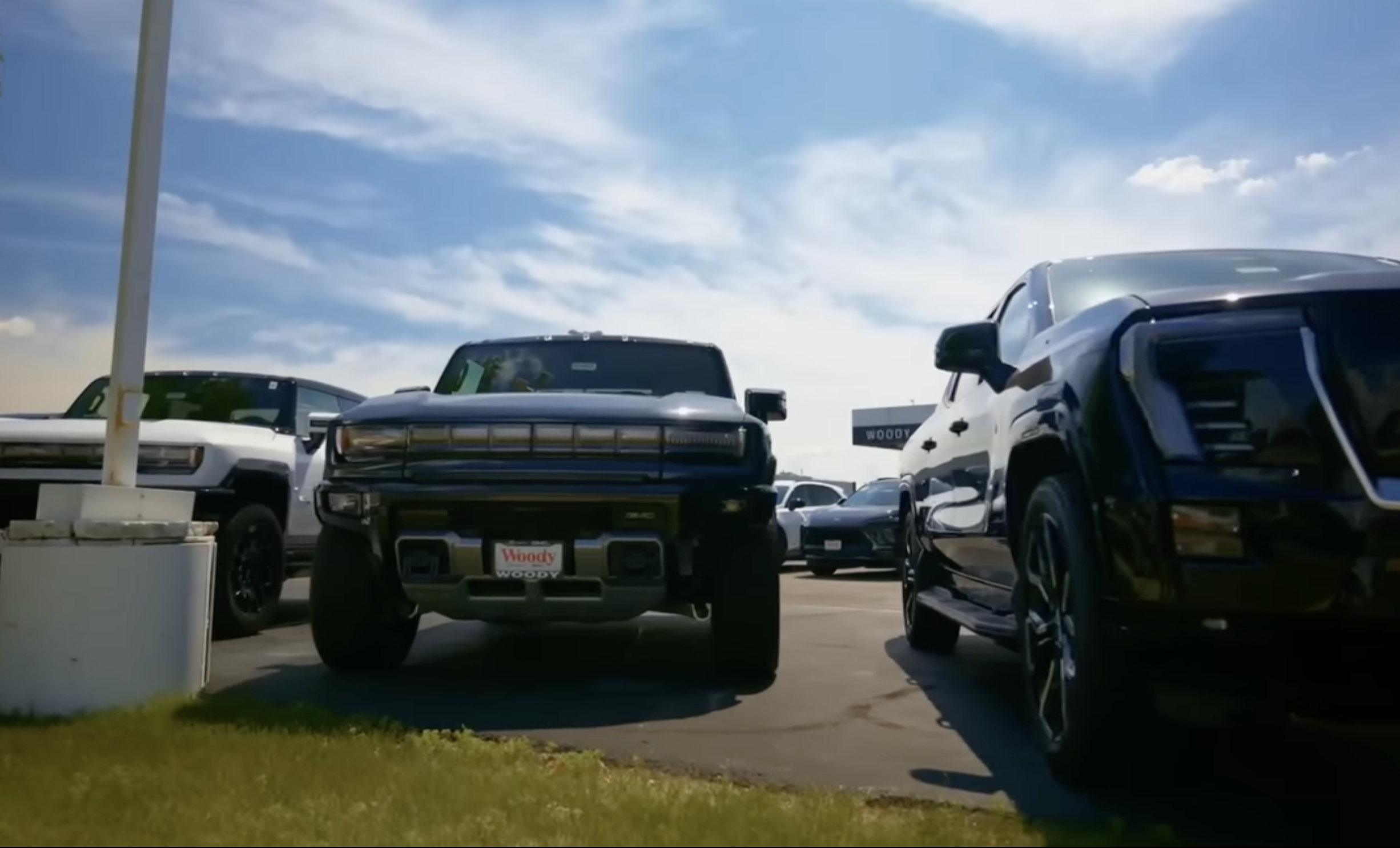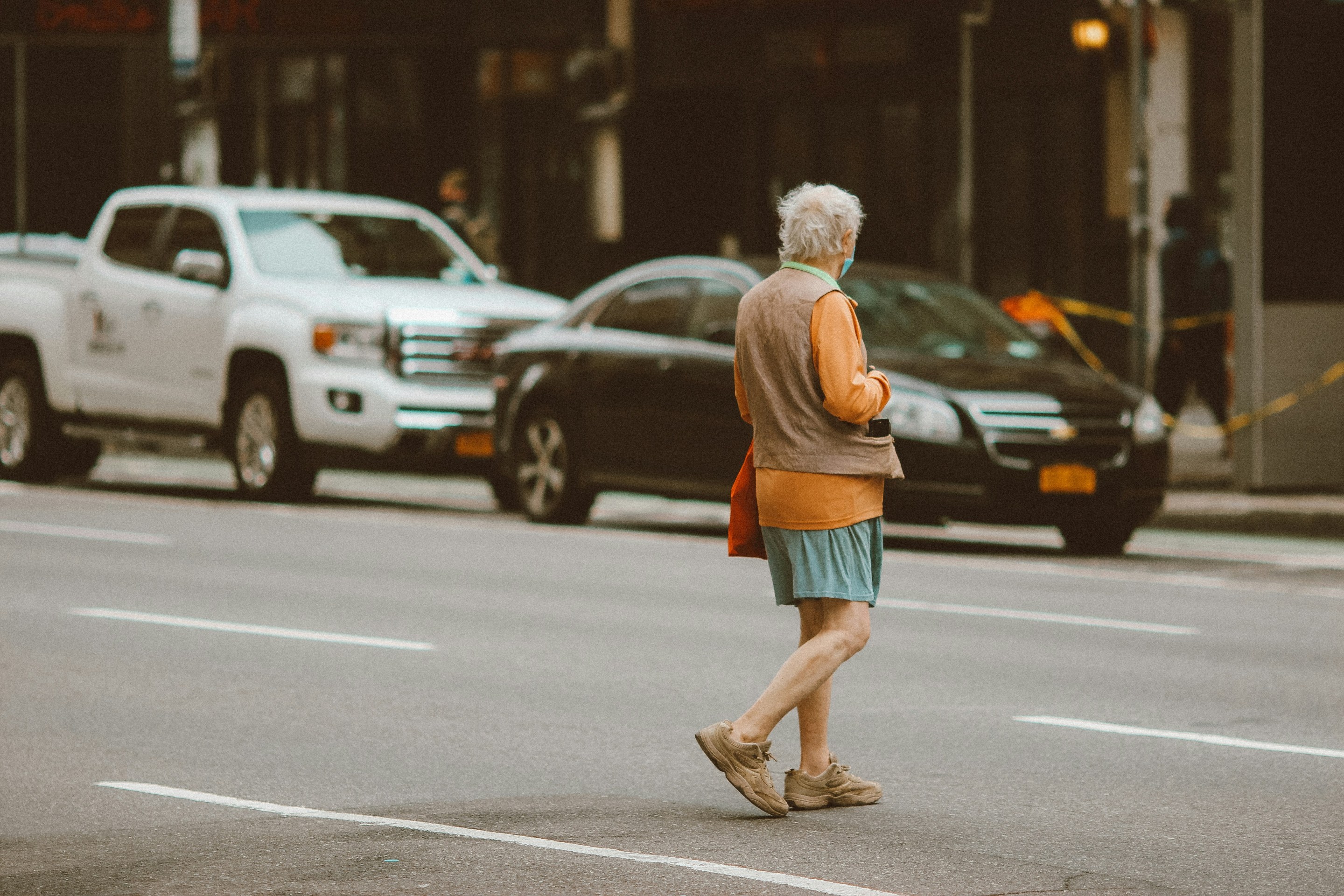Earlier this month, Streetsblog Capitol Hill reported on the fallout from Congress' failure to prevent an $8.7 billion "rescission" -- fancy legislative talk for the cancellation of funds -- from taking effect on September 30. Though media coverage focused largely on the rescission's impact on road projects, the lost money has hit clean transportation hard.
 A bike trail in New Jersey, which canceled extra clean transport funds. (Photo: NJManasquan.com)
A bike trail in New Jersey, which canceled extra clean transport funds. (Photo: NJManasquan.com)Existing law required the rescission to affect all funding categories proportionally, meaning that state DOTs would have to take back a share of highway money equivalent to the share of canceled funds for bicycle and pedestrian paths (a.k.a. "transportation enhancements" or TE) and Congestion Mitigation and Air Quality (CMAQ), which allows road money to be used for transit.
But some states had already obligated all of their available funding in certain transport programs, and so DOTs were given flexibility to cancel more than a proportional share of money for TE, CMAQ, and Recreational Trails, another federal outdoors program.
How many states took the opportunity to cancel a bigger slice of TE, CMAQ, and Trails money? The folks at advocacy group America Bikes have crunched the numbers, and here's what they found:
- 46 states, in addition to Washington D.C., canceled more than a proportional share of transportation enhancements money: AZ, AR, CA, CO, CT, DE, FL, GA, HI, ID, IL, IN, IA, KS, KY, LA, ME, MD, MI, MN, MS, MO, MT, NE, NV, NH, NJ, NM, NY, NC, ND, OH, OR, PA, RI, SC, SD, TN, TX, VT, VA, WA, WV, WI, and WY.
- 34 states, in addition to Washington D.C., canceled more than a proportional share of CMAQ money: AZ, AR, CA, CO, CT, DE, GA, HI, IL, IN, IA, KS, KY, LA, ME, MD, MO, MN, MT, NH, NC, NM, OH, OK, OR, RI, SC, TN, TX, UT, WA, WV, WI, and WY.
- 31 states, in addition to Washington D.C., canceled more than a proportional share of Trails money: AZ, AR, CA, CO, DE, FL, GA, HI, IL, IN, IA, KY, ME, MA, MD, MI, MS, MO, MT, NY, NJ, OH, OR, PA, RI, SC, SD, UT, VT, WV, and WI.
- 4 states opted to send less than a proportional amount of transportation enhancements money back to the U.S. DOT, making extra cuts elsewhere: AL, AK, MA, and UT.
- 14 states opted to send less than a proportional amount of CMAQ money back to the U.S. DOT, making extra cuts elsewhere: AL, FL, ID, MA, MI, MS, NE, ND, NV, PA, SD, VT, and VA.
- 16 states opted to send less than a proportional amount of Trails money back to the U.S. DOT, making extra cuts elsewhere: AL, AK, CT, ID, KS, MN, NE, NV, NM, NC, ND, TN, TX, VA, WA, and WY.
No matter how you slice it, however, the rescission took a serious toll on clean transportation funds as well as those for roads. Meanwhile, Congress has yet to come to decision on how to approach the Oct. 30 deadline for extending the 2005 infrastructure bill one more time.
(ed. note. The above data has been updated to reflect current reporting as of Tuesday, Oct. 20 at 5 p.m.)





